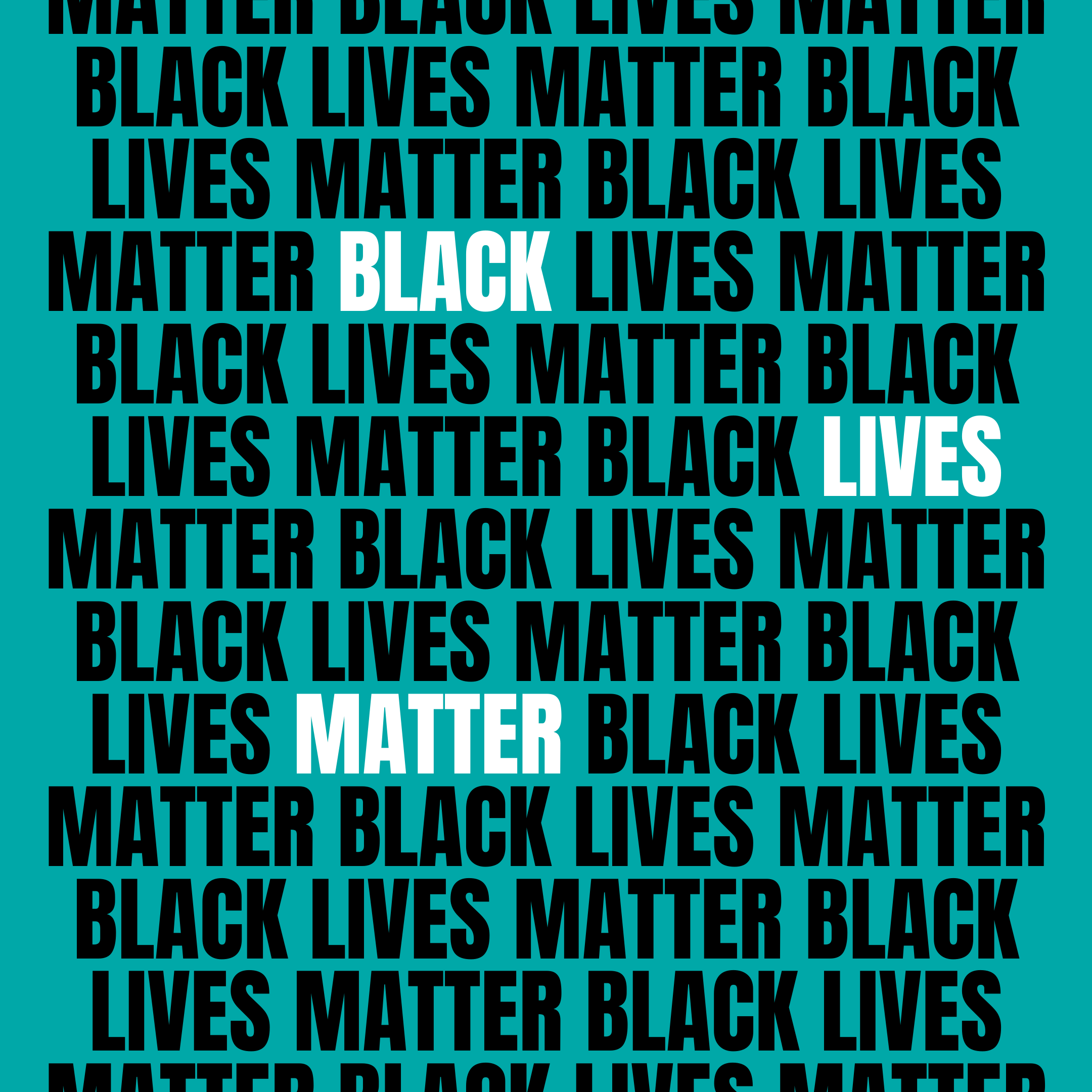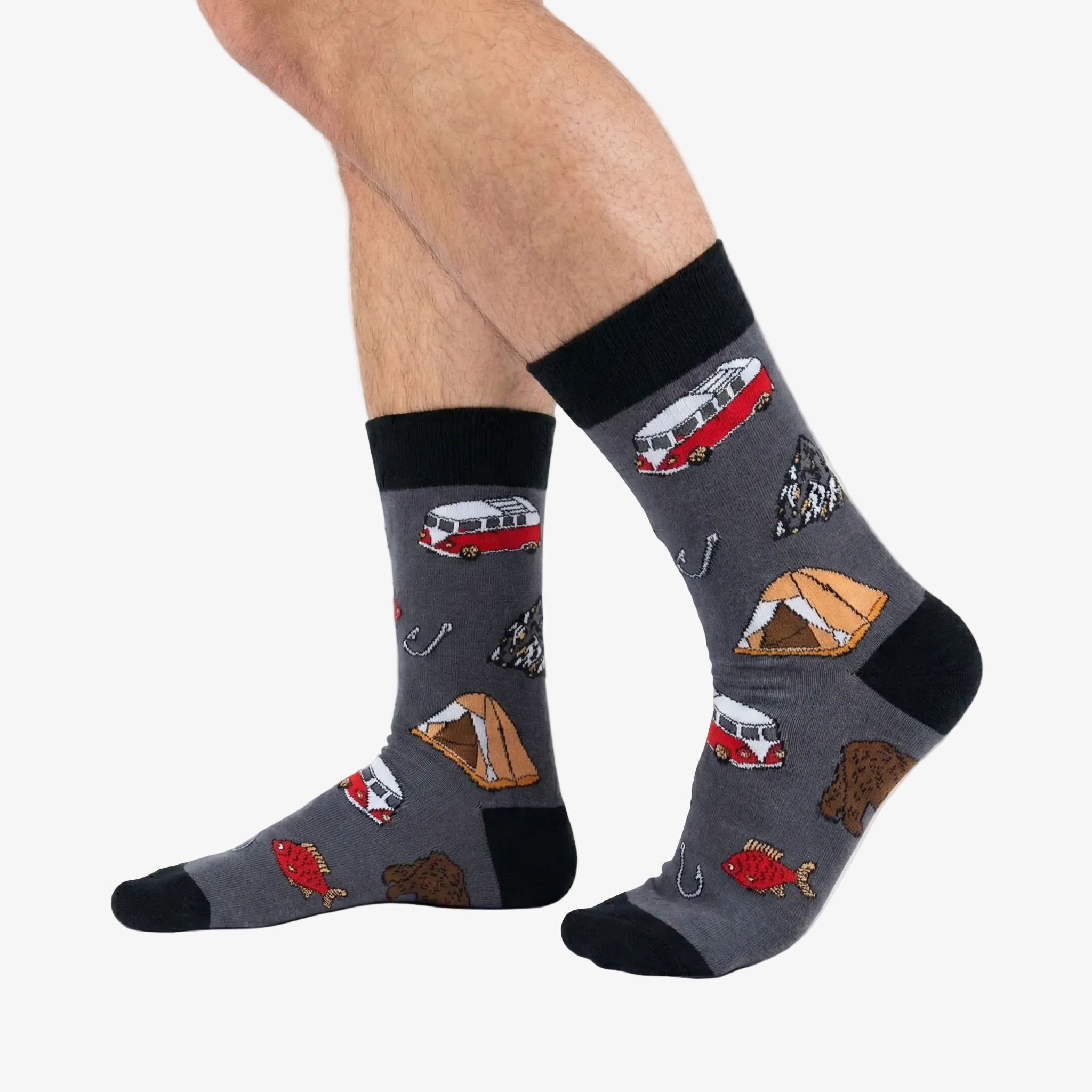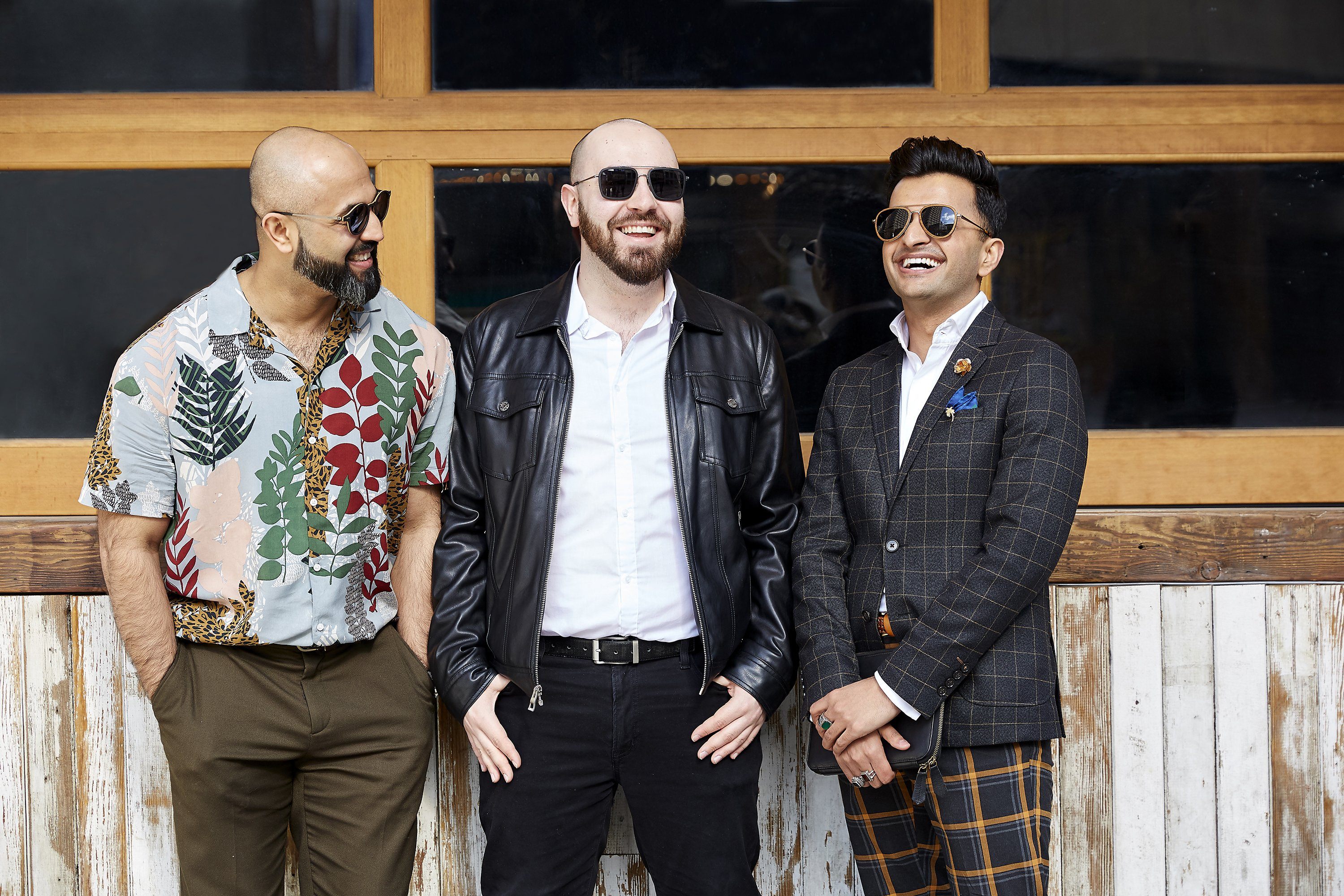
9 Ways to Take Your Advocacy Offline
When confronting problems that engulf our society, you may feel inspired to help make a difference. You may also feel unsure of exactly how to do that—especially as one person. In the face of the overwhelming challenges in our world, it can feel like the actions of an individual are inconsequential.
However, as we see with the Black Lives Matter movement, when millions of individuals come together we have the power to have our voices heard and create desperately-needed change.
It’s estimated that 26 million Americans took part in the BLM marches, but the way many people have been involved with the movement is through campaigning on social media. We’ve all seen or been a part of actions like using a black image as a profile photo, posting a black square on #blackouttuesday or sharing stories posted by the media, influencers, activists and non-profits.
Social media advocacy, sometimes referred to as virtue signalling, absolutely has an impact. And although we can argue about how authentic and inspiring or misinformed and bandwagon-y advocating on social media is—especially because everyone has differing opinions—the fact is that social media advocacy gets its job done.
Think of posting information, slogans or stories to social media like putting out a radio signal. This information is being shared and received by other people, spreading the message, changing minds and ultimately raising more awareness for folks across the world fighting injustice, systemic racism and anti-Blackness.
The more awareness, the more people will join the Black Lives Matter movement. For instance, protests were held in more than 60 countries—including in an estimated 60 municipalities across Canada.
This amazing support would not have happened without the communicative power of social media.
However, social media advocacy only goes so far. Once that message is received there is still a lot of work to do. That is why we wrote this blog, to share a few of the ways we can continue to effect change, support the BLM movement and bring about equity for all.
Have Conversations with Friends and Family
While it may not seem like this is the biggest area where you can create change, it can be one of the most meaningful. Not only is speaking with loved ones a powerful way to disrupt racism—especially if your friends or family are prejudiced or misinformed—but it can also be super rewarding. Even speaking with your friends and family who support the BLM movement is really eye opening—you never know what you are going to learn.
Educate Yourself and Listen
With access to the internet, there is really no excuse for not educating yourself about the BLM movement, the difference between individual and systemic racism and learning about the history of the oppression of Black folks. In fact, using social media and following anti-racist thought leaders and educators is a great starting point to learn and gain access to a plethora of resources. Consider starting with:
Please Note:
Anti-racist educators and thought leaders’ websites, social media accounts and published works are chock-full of resources to help you understand, empathize and learn. DMing these educators is inappropriate and unnecessary—although in the public eye, they have boundaries too. Also, please support anti-racist educators by buying their books or donating to their websites.
Write Letters to Your MLA and Other Institutions
While having conversations with loved ones and educating yourself to be a better ally are channels to change individual racism—that may down the line also impact systemic racism—letter writing challenges institutions directly.
We live in a democratic society. This means that your actions do matter—especially if enough people write letters to their local governments, school boards, police associations and unions. Do a little research and see what is important to you. Do you want more funding to be allocated to anti-racism education? Or perhaps you want to see more scholarships for Black artists?
Letter writing is a powerful way to share ideas, challenge authority and demand change.
For tips on writing a letter to your MLA, check out Syma Habib’s Letter Writing Example and Tips. To also help you get started, here is a list of Alberta MLAs.
Vote. Vote. Vote.
Speaking of being in a democratic society, if you want to see change happen in Canada you must use your vote. Your vote is your voice and also your civic responsibility.
Think of all the people throughout history who had to fight for their right to vote: Black men were only able to vote after the abolition of slavery in 1834. It took until 1922—nearly 100 years later—for almost all provinces (except Quebec) to grant full suffrage to White and Black women. However, Asian men and women were not allowed to vote until 1948, Inuit men and women could not vote until 1950, and First Nations men and women were not granted Federal suffrage until 1960 without being required to give up their treaty status.
Need we say more? Being able to vote is a privilege. Don’t throw away what our ancestors fought for.
The next Federal election is in October, 2023. Vote.
Donate to Non-Profit Organizations
There are tons of organizations dedicated to fighting anti-blackness and racism. Even if you don’t have a lot to spare (we know times are tough right now,) as much as a Starbucks coffee makes a difference. Alternatively, consider donating your time as a volunteer.
Consider donating to one of these organizations:
- NAACP Legal Defence and Education Fund
- Black Women United YEG
- Future Ancestors Services Inc.
- The Unlearning Channel
- Action Dignity
- CommunityWise
- Calgary Anti-Racism Education
- The Calgary Black Chambers
- Calgary Public Library's Race and Social Equality Resources
- Calgary Foundation's list of Black-led/Black-serving organizations
- Inclusion Factor
For an even more extensive list, check out this article about where to donate by the New York Times.
Support Black-Owned Businesses
One of the most direct ways you can support the Black community is by supporting Black-owned businesses. Earlier this summer, we put together a list of Calgary-based business to support in our blog: #BlackLivesMatter: How You Can Listen, Learn and Act.
We have since added to that list. If you know of any Black-owned business not included here, please let us know in the comments below!
Restaurants to Support:
- KFS BBQ Smokehouse
- Safari Grill
- Krazy Jerk
- Habesha Retail Store
- Abyssinia Restaurant
- Marathon Ethiopian Restaurant
- Geez Ethiopian
- Joycee’s Caribbean
- Merilyn’s Kitchen
- Luubann
- Africana BBQ
- Karibu Grill & Lounge
- Arinka
- Yenny Delights
- Nile Café
- MJ’s Cuisine and Convenience Store
- Flavours Restaurant
- Delish Dining
- Caribbean Choice
- Yegna Restaurant
- Ahinke’s Kitchen
- Milli’s Keto & Low-Carb Kitchen
- Rehoboth Ethio-Afrika Market Inc.
Businesses and Creatives to Support:
- Fari Hara Custom Menswear
- 10 X 10 Calgary
- Knit Me Up Style Fashion Blog
- Sargeant and Comrade
- By Blacks Online Magazine
- Bethel Fit Mum Pre/Postnatal Fitness Training
- Chanel Lash Bar
- Sphere Optometry
- KAHXI | Men’s Boxer Briefs
- Meeliah Baby Clothes and Accessories
- Ladies Take Notes Fashion Blog
- Alora Boutique
- Sweet Cocoa Butter Cakes
- Simba Creative
- Sugar YYC
- The Obsessed Crocheter
- Hadash Jewelries
- Organic X Glo by Florence
- Designs by Arewami
- Evaluxe Beauty
- Edia Styles
- Art For Soul Intl.
- Karibu Soaps
- Agụ Athletics
- T’oria Skincare
- Àshàbí Wears
- Your Majesty Shop
- One in a Million Event
For a list of Black-owned businesses in Canada, check out this listing from AfroBiz.
Sign Petitions
Signing petitions is a powerful way to get the attention of politicians. According to the House of Commons, paper petitions require 25 valid signatures to be certified, whereas electronic petitions require 500 valid signatures. There is no minimum age requirement to sign a petition, however an individual cannot sign on behalf of a group.
Check out these 788 petitions to sign in support of the Black Lives Matter movement.
Speak Up When You See Injustices
I know we sound like a school teacher talking about bullying, but what you learned then holds true today. When you see racism, call it out. When you see a BIPOC person being marginalized, stand up for them. Yes, it can be intimidating to get involved. But it is only by standing up for what is right—by no-longer being a passive bystander and by being an active anti-racist—that we carve the way for justice and equality.
How are you supporting the Black Lives Matter Movement? Let us know in the comments below.
All graphics sourced from Canva.







Laisser un commentaire
Ce site est protégé par hCaptcha, et la Politique de confidentialité et les Conditions de service de hCaptcha s’appliquent.